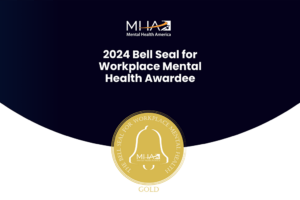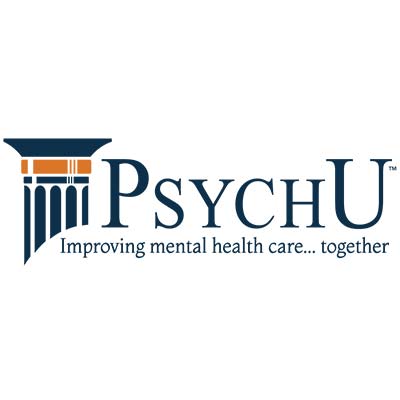The Surprising Impact of Inflammation on Mental Health
By Dr. Janet L. Cummings, Psy.D
Anyone who reads the popular medical literature these days has been inundated with articles about the evils of inflammation. However, inflammation is not all bad. Acute (short-term) inflammation serves a purpose. It is an important part of our immune system’s response to an injury or an infection (Steinbaum, 2017). However, once the injury or infection is healed, the inflammation is supposed to stop. It doesn’t always.
When inflammation continues after it has outlived its purpose, we refer to it as chronic inflammation. Chronic inflammation causes or contributes to many, many diseases including atherosclerosis, inflammatory bowel diseases, Alzheimer’s disease and other types of dementia, cancer, arthritis, asthma, heart disease, autoimmune diseases, and countless others (Chrousos, 2000).
Only within the past few years have we begun to understand the effects of chronic inflammation on mental and emotional health. In some depressed patients, chronic inflammation can be either the cause or a strong contributing factor to depression (Almond, 2013). Furthermore, chronic inflammation is causative or contributory in many cases of anxiety (Salim, Chugh, & Asghar, 2012).
Surprisingly, many patients with depression and/or anxiety receive as much benefit from anti-inflammatory medications, such as aspirin and ibuprofen, as they do from antidepressants and anxiolytics (Berk, et al, 2013; Hamzalou, 2016). Some researchers believe that SSRI and SNRI antidepressants may be effective because of their anti-inflammatory properties more than their inhibition of neurotransmitter reuptake (Tynan, et al, 2012).
Just last month, researchers linked obsessive-compulsive disorder (OCD) to brain inflammation (Preidt, 2017). While much more research is needed, it stands to reason that anti-inflammatory medications may prove helpful in the treatment of OCD.
Depression, anxiety, and OCD apparently stem from mild brain inflammation. However, when brain inflammation becomes extreme, as in autoimmune encephalitis, psychosis and very bizarre behavior can result. In the New York Times bestseller Brain on Fire: My Month of Madness, author Susannah Cahalan (2012) chronicles her psychotic episode brought on by severe brain inflammation. This book is as scary and gripping as any horror story, especially since it is a true story and something that can happen to anyone.
An increasing number of patients are managing their depression and anxiety by treating the underlying inflammatory processes. Many patients find that they are helped by anti-inflammatory medications, anti-inflammatory diets, and nutritional supplements that have been designed to curtail inflammation (Weil, 2009).
At the Cummings Graduate Institute for Behavioral Health Studies, our Doctor of Behavioral Health students are trained to understand the complex relationships between the physical body and mental/emotional issues. They learn to look beyond a simple diagnosis of depression, anxiety or OCD, and to help treatment teams find medical causes for these emotional complaints when they are present.
References
1. Almond, M. (2013, June). Depression and inflammation: Examining the link. Retrieved July 1, 2017
2. Berk, M., Dean, O., Drexhage, H., McNeil, J. J., Moylan, S., O’Neil, A., . . . Maes, M. (2013, March 18). Aspirin: A review of its neurobiological properties and therapeutic potential for mental illness.
3. Cahalan, S. (n.d.). Brain on fire: My month of madness.
4. Chrousos, G. P. (2000, November). Stress, chronic inflammation, and emotional and physical well-being: Concurrent effects and chronic sequelae☆☆☆.
5. Hamzelou, J. (2016, October 18). Anti-inflammatory drugs can relieve symptoms of depression.
6. Preidt, R. (2017, June 21). OCD May Be Linked to Inflammation in the Brain.
7. Salim, S., Chugh, G., & Asghar, M. (2012). Inflammation in anxiety.
8. Steinbaum, S. R. (2017, February 15). Inflammation Pictures for Women: Causes and Concerns With Pictures.
9. Tynan, R. J., Weidenhofer, J., Hinwood, M., Cairns, M. J., Day, T. A., & Walker, F. R. (2012, March). A comparative examination of the anti-inflammatory effects of SSRI and SNRI antidepressants on LPS stimulated microglia.
10. Weil, A. (2017, June 09). Anti-Inflammatory Diet Tips & Anti-Inflammatory Foods.





























